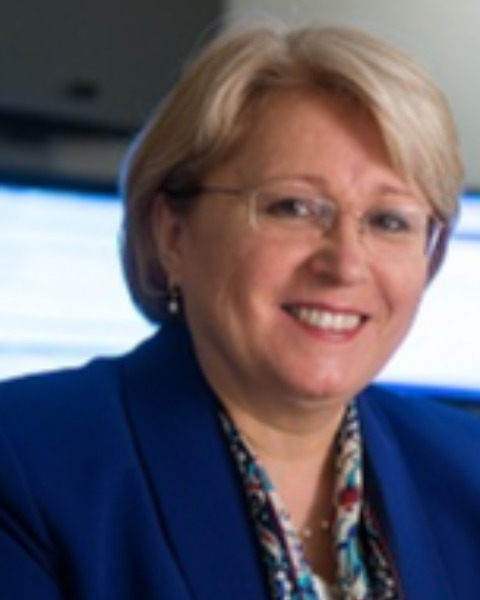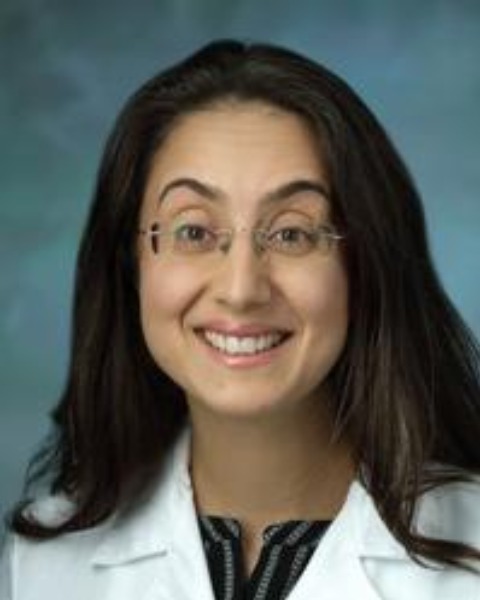Academic and Research Skills
Medical Education
Trainee
Ethical Authorship in Medical Education Research: Identifying and Addressing Free Riding in Academic Publishing
-

Kadriye Lewis, Ed.D (she/her/hers)
Professor
GME
School of Medicine, Universidad San Francisco de Quito USFQ, Quito, Ecuador
OVERLAND PARK, Kansas, United States -

Maide Ozen, MD (she/her/hers)
Assistant Professor, Director Neonatal Simulation Education
Johns Hopkins University
Baltimore, Maryland, United States
Leader(s)
Co-Leader(s)
Workshop Description: Research in medical education plays a crucial role in advancing the theories and methods that shape the training of healthcare professionals. It spans diverse areas such as curriculum design, teaching strategies, assessment practices, and the integration of technology in education. Despite the growing emphasis on medical education research, the issue of ethical authorship has often been overlooked. Ethical authorship is a cornerstone of academic integrity, ensuring that credit is appropriately assigned for intellectual contributions. Thus, authorship accountability in academic publishing is a critical issue, particularly with the increasing prevalence of "free riders" who receive authorship credit without contributing significantly to the work. Addressing this issue is essential to preserving the integrity of research and scholarship. This 90-minute workshop aims to provide a comprehensive overview of the concept of free riders in academic publishing, exploring their characteristics, the various types, and the motivational factors behind their behavior. Participants will delve into the ethical concerns surrounding free riders and discuss the implications for the integrity of scholarly work. The session will adress practical strategies to identify and eliminate free riding, fostering a culture of accountability in academic authorship introducing tools and resources such as STM Integrity Hub, COPE, CRediT, ICMJE, and QuADS. Through a mix of theoretical discussions, case studies, and hands-on activities, participants will gain the tools and knowledge necessary to promote fair and ethical authorship practices within their academic communities while ensuring that appropriate credit is assigned for intellectual contributions and enhancing the quality of scholarly work in medical education.
Learning Objectives:
- Define the concept of free riders by categorizing the various forms they can take in academic publishing.
- Develop practical strategies and actionable measures for research teams and institutions to minimize free riding as well as to analyze its implications for academic integrity and accountability in scholarly work.
- Discuss relevant guidelines and initiatives, including STM Integrity Hub, COPE, CRediT, ICMJE, and QuADS, to assess their effectiveness in addressing free-riding issues and concerns.

